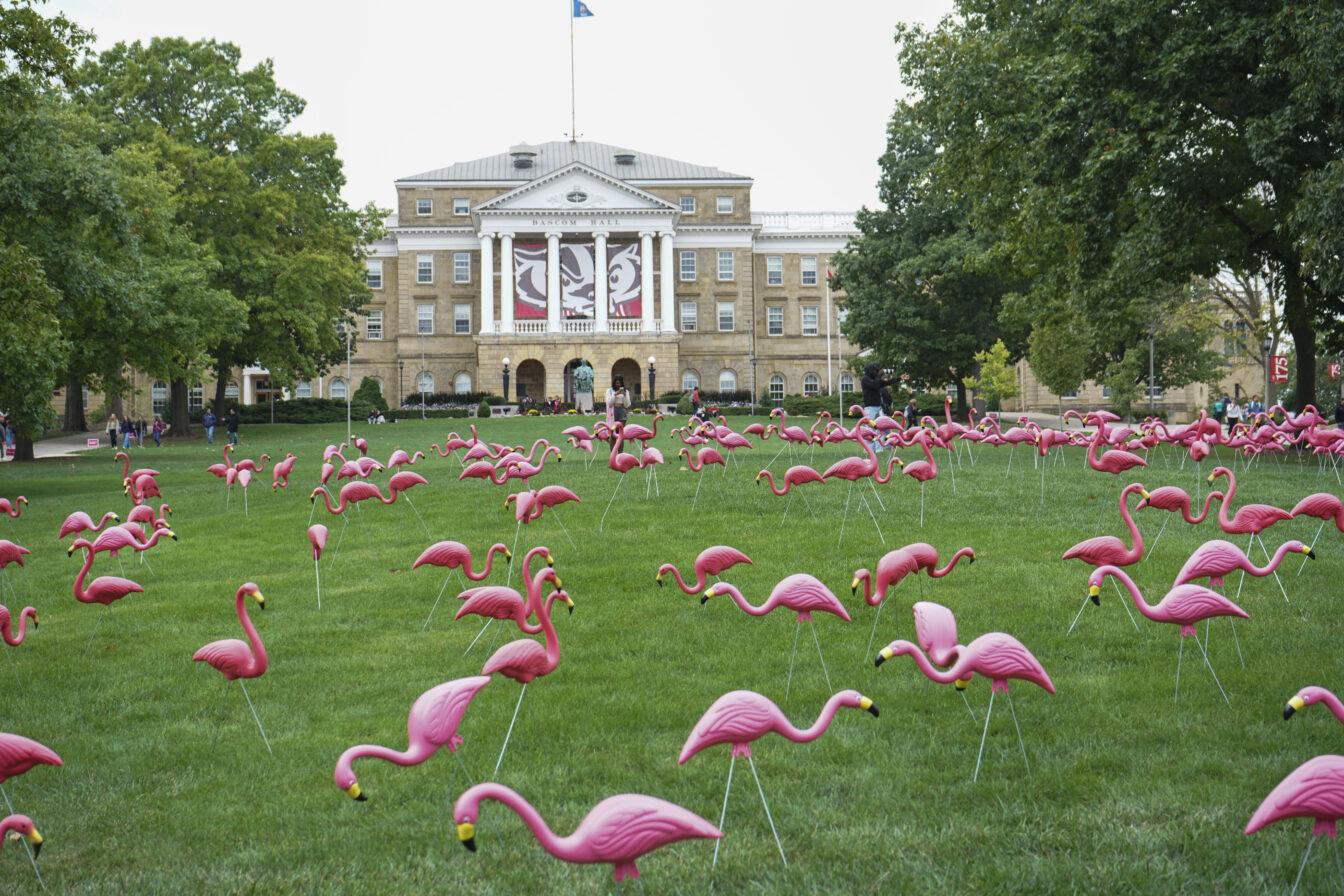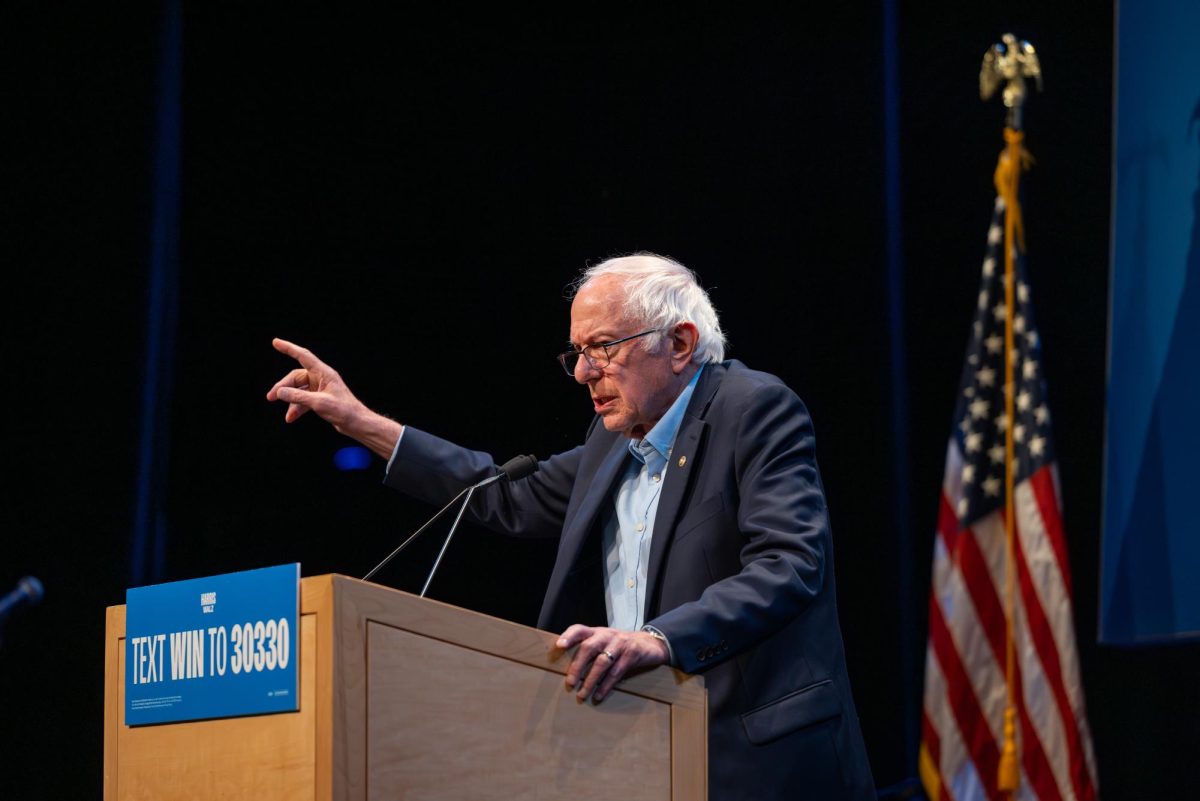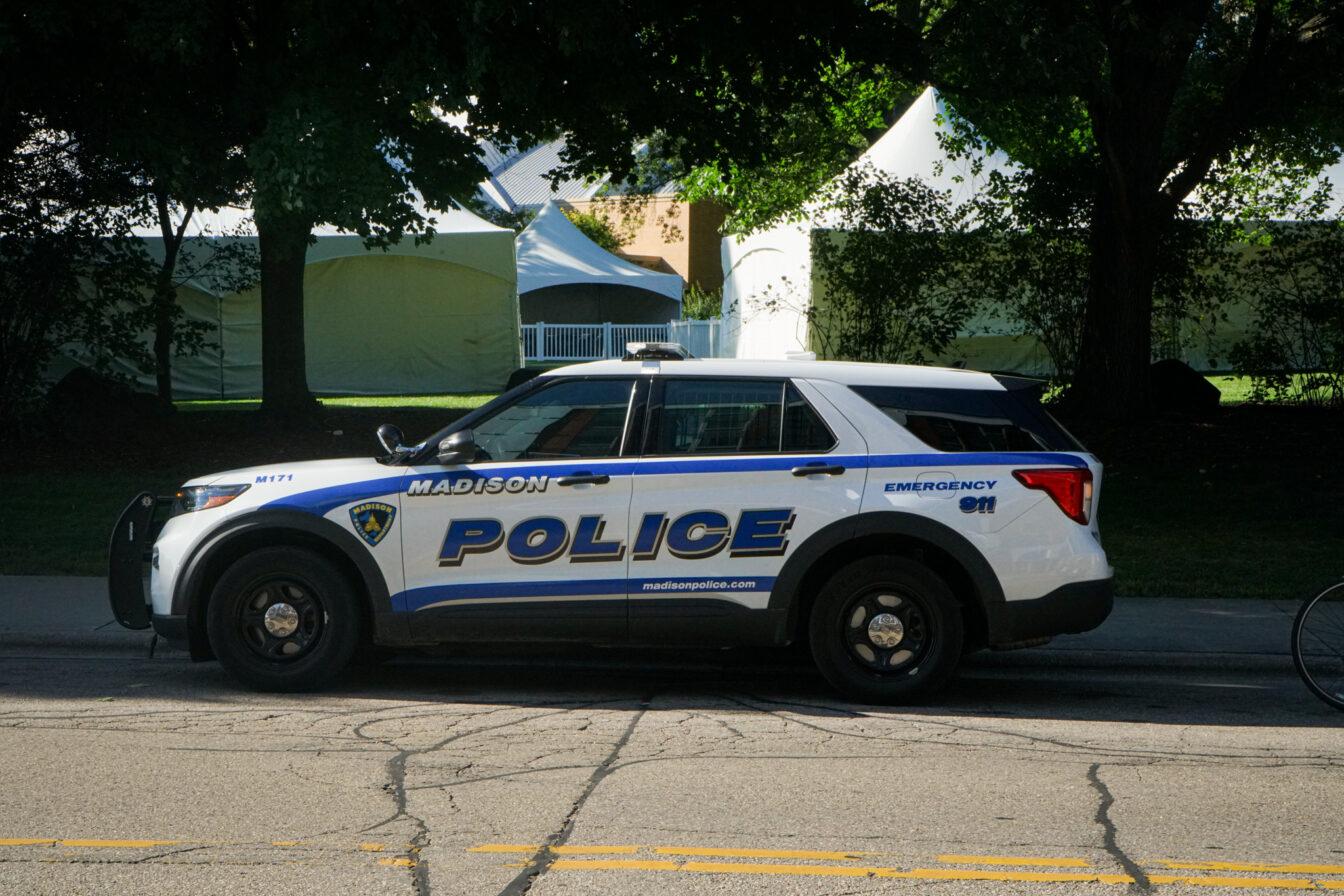The University of Wisconsin-Oshkosh?s wrestling program was reinstated after financial woes stemming from the budget crisis affecting the entire state that almost forced the university to axe it.
Although the university recognizes the value of wrestling to the school, helping the budget situation calls for a financial change. This change brought the possible elimination of the wrestling program being that a 5 percent cut from state funds in the athletic department is on its way.
After this option arose, the wrestling team heard an outcry of fans and supporters on an Internet website. The coaches of the wrestling team appealed to the site?s visitors to volunteer, donate money or share their opinion to the administration of the university.
The men?s teams were the first to be considered for tax cuts due to Title IX requiring publicly funded colleges to have equal opportunities for men and women. Currently, UW-Oshkosh has nine men?s athletic teams and 10 women?s athletic teams. All of the teams compete in NCAA competitive levels, except for men?s soccer.
However, the men?s tennis team is also on the edge of receiving cuts.
The chancellor of UW-Oshkosh informed the coaching staff of both the men?s wrestling and tennis teams that there would be a vote by all chancellors at an athletic conference last Friday, March 7.
However, on Thursday, March 6, Chancellor and athletic director Al Ackerman announced that the program would be reinstated.
Among the cuts to the athletic system, most of the burden will fall upon the coaches. The wrestling program has survived with significant volunteering efforts made by Larry Marchionda and Mike DeRoehn, who are both very respected in the college-wrestling world. Head coach Nick Matiash, the only paid coach, receives a salary of $8,000 a year.
However, all three coaches have said that they are willing to sacrifice any salary that they would normally receive to save the program. One reason being that they believe the wrestling program gives great depth to the university and the surrounding community.
In addition to the dedication of the UW-Oshkosh college wrestling coaches, DeRoehn runs clinics three days a week to introduce the sport of wrestling to children and high-school-aged kids in the Oshkosh community.
Matiash explained that the finance board understands this, but the decision to drop an athletics program is based on budget matters only.
Matiash explains, in his outreach to wiwrestling.com, that the University would spend around $13,000 a year to keep the wrestling program alive, but the program itself produces a minimum of $9,000 a year. This, no doubt, helped influence the decision to keep the wrestling program.
UW-Oshkosh is expecting to see $2.8 million less from the state in the next two years. In addition to cuts to the athletic department, UW-Oshkosh is expected to eliminate two majors programs, music therapy and pre-engineering, with 12 to 18 students and 20 to 30 students in each program respectively. These programs will likely be cut if another budget solution cannot be found.







